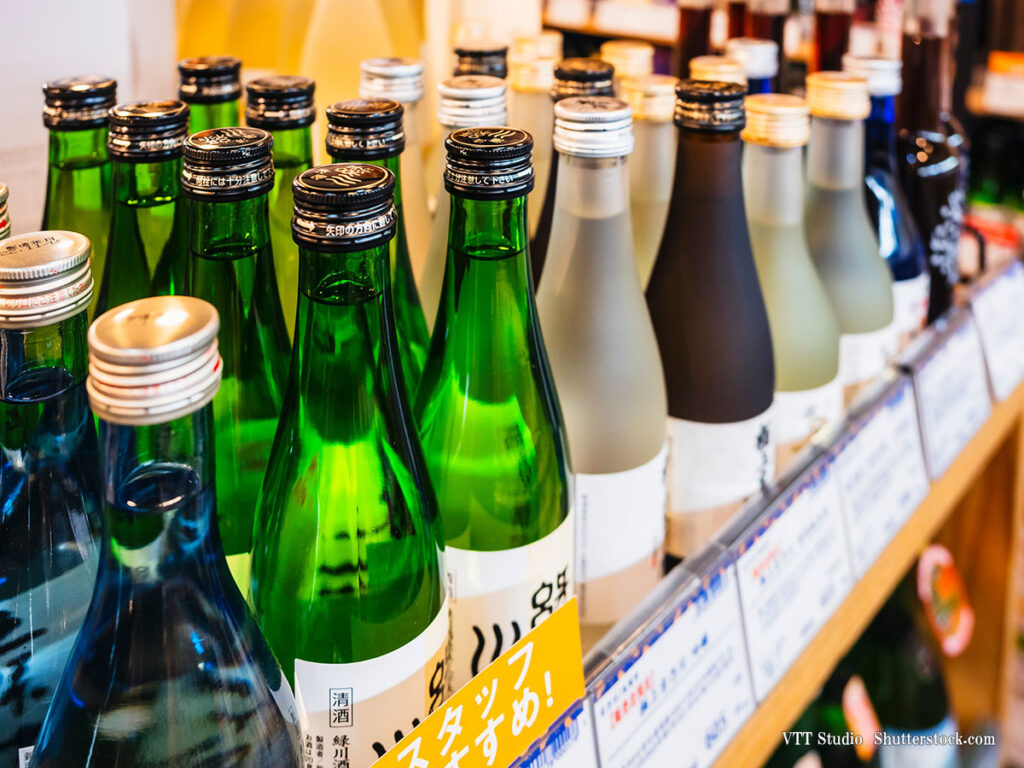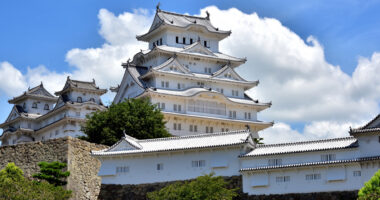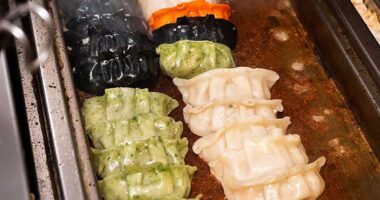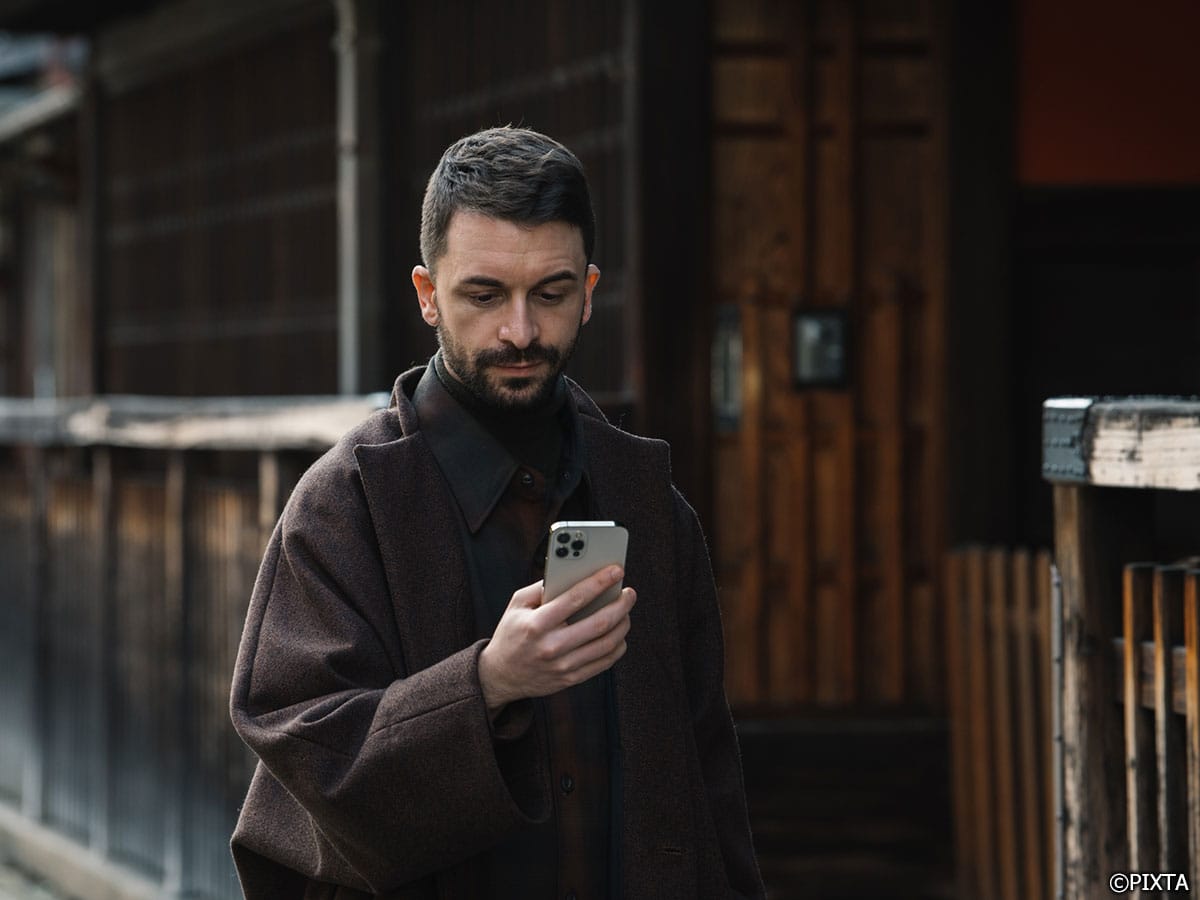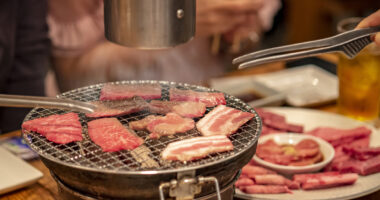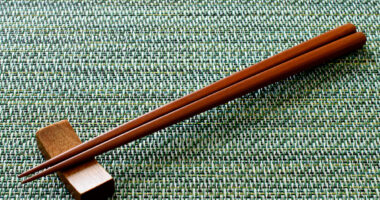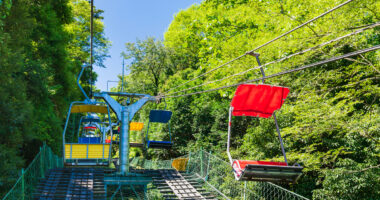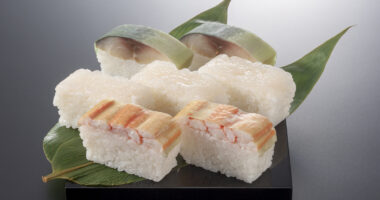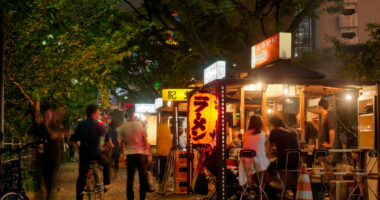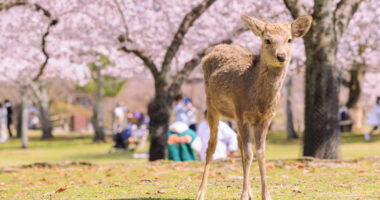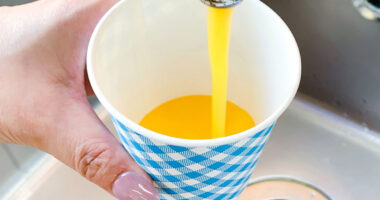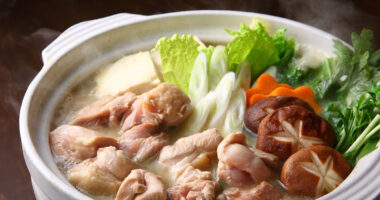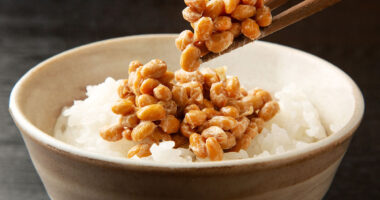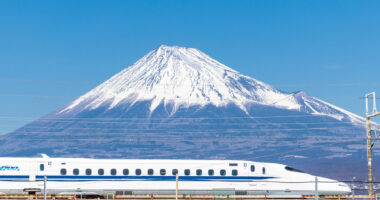Many travelers list food as one of the top reasons for visiting Japan. Ramen, sushi, wagyū beef—Japan’s culinary delights attract foodies from around the world.
But drinks, too, are an essential and often overlooked part of the Japanese travel experience.
From seasonal teas and juices, unique beverages from vending machines, and region-exclusive fruit drinks to delicately aromatic sake and shōchū, drinks in Japan are packed with local culture and everyday life.
7 Must-Try Alcoholic Drinks in Japan
Must-Try Non-Alcoholic Local Drinks Found at Japan’s Best Travel Spot
Japan offers countless places to casually pick up intriguing drinks.
Convenience stores and vending machines are almost always nearby in major areas, while supermarkets and department stores often carry regional or premium beverages. You’ll also find niche local drinks at liquor stores and roadside stations—perfect for discovering hidden gems.
Japanese convenience stores
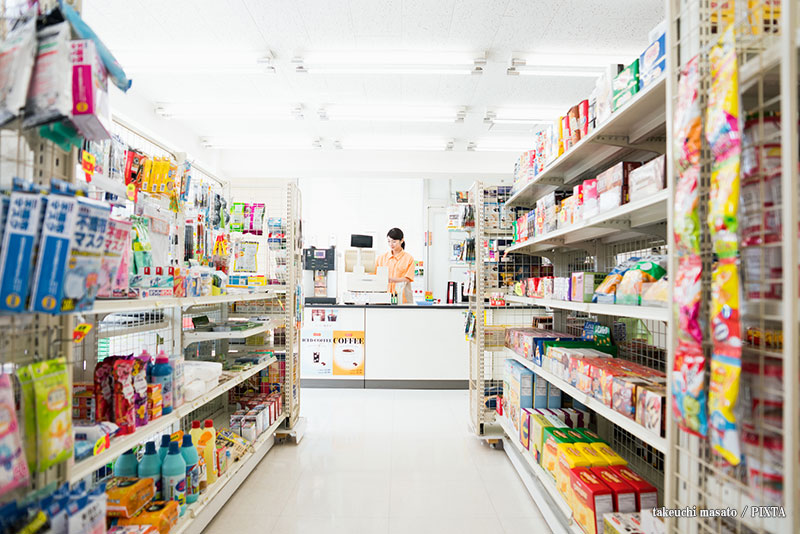
A Japanese convenience store
Convenience stores in Japan are incredibly useful spots for travelers. They’re found all over the country, and most are open 24 hours a day. Whether you’re returning to your hotel late at night or heading out early in the morning, you can shop pretty easily at almost any time.
The drink selection is impressive—ranging from soft drinks to beer, canned chūhai (short for shochu highball), sake, umeshu (Japanese plum wine), and Japanese highballs (whisky mixed with club soda), among other choices. Many are also available in mini sizes, making them perfect for sampling something new.
Some stores even carry regional or location-exclusive drinks, so part of the fun is discovering unique, local flavors at each destination.
Japanese convenience store FAQ
Q: Can I use a reusable shopping bag?
A: Since plastic bags cost extra at convenience stores in Japan, bringing your own eco-friendly bag is encouraged. It’s seen as a considerate, environmentally conscious choice and is handy for small purchases during your trip. If you don’t have a bag, you can buy a plastic one for about 3 to 5 JPY (tax included).
Q: Can I use credit cards or digital payments?
A: Most convenience stores accept them. Visa, Mastercard, transportation IC cards (like Suica and ICOCA), and QR code payment options are widely available.
Q: Is it okay to drink alcohol outside the store?
A: It’s best to avoid it. Drinking in public, even if allowed, is sometimes considered poor manners in Japan. In some areas, such as near Tokyo’s Shibuya Station, for example, local ordinances prohibit it, with warnings or drink confiscation for violations. Instead, enjoy your drink in your hotel, guesthouse, or private space.
Japanese vending machines
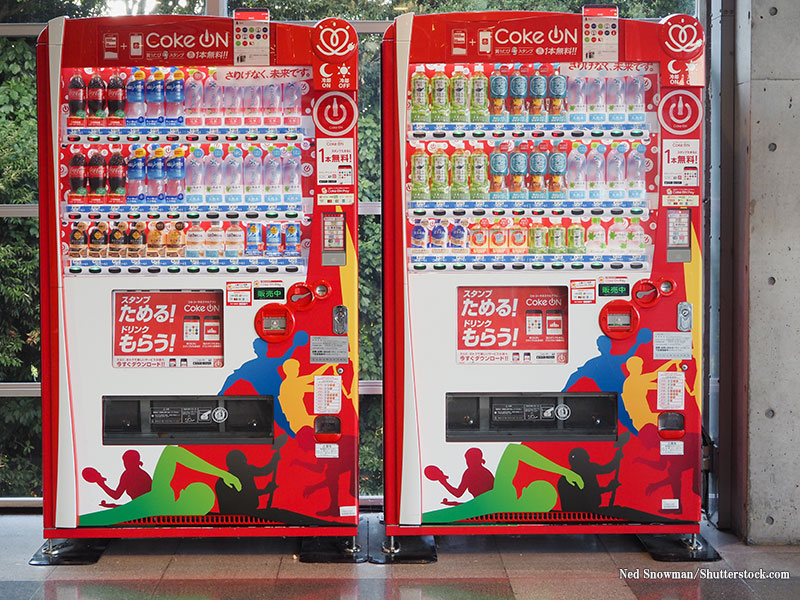
Japanese vending machines
As you walk through the streets of Japan, you’ll notice vending machines just about everywhere.
From neighborhood corners and parks to train platforms and tourist spots, these machines are like miniature convenience stores for drinks.
One notable feature is that most vending machines offer both cold and hot beverages in a single unit.
In summer, you’ll find chilled sports drinks and teas; in winter, hot coffee, oshiruko (sweet red bean soup), and amazake (a traditional sweet rice drink) appear, offering seasonal flavors to enjoy.
Staple options include mineral water, green tea, sports drinks, and canned coffee.
With such a wide variety of brands and types, trying a few different ones can be part of the fun of traveling. If you spot something unique to Japan, be sure to give it a try!
Japanese vending machine FAQ
Q: Can I use a credit card or smartphone payment at vending machines?
A: Most machines still primarily accept cash. However, more machines are now compatible with transportation IC cards (such as Suica and ICOCA) and QR code payments, with some even accepting credit cards.
Q: How can I tell if a drink is hot or cold?
A: Look at the colored lights below the drinks. Red usually indicates a hot drink, while blue means cold. You may also see Japanese labels such as “温” (hot) and “冷” (cold).
Q: Where should I throw away the empty containers?
A: Many vending machines have recycling bins located right next to them. Be sure to dispose of empty cans and plastic bottles in the appropriate bins.
Japanese supermarkets
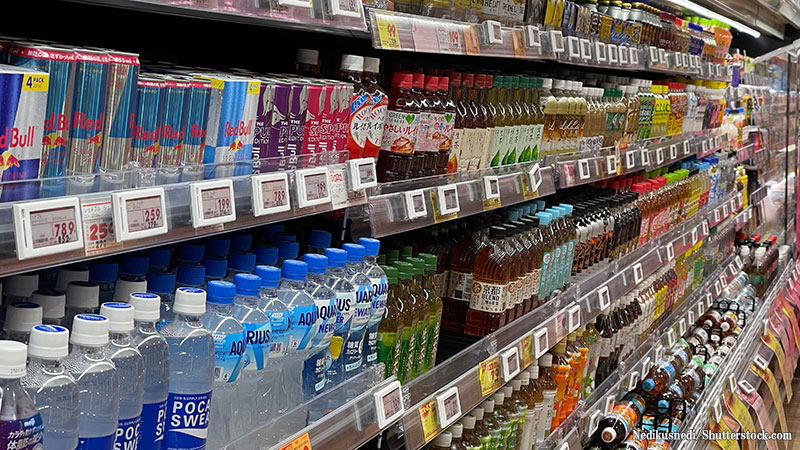
A Japanese supermarket
Local supermarkets while traveling offer a unique glimpse into daily life in the region.
In Japan, supermarkets carry a wide range of drinks at reasonable prices, including tea, carbonated beverages, juices, and alcoholic drinks. Compared to convenience stores, they often offer more variety and larger sizes—perfect for families or those looking for drink sampler sets.
One highlight is the selection of regional specialty drinks and juices made from seasonal fruits. If you venture into a supermarket slightly away from major tourist spots, you might discover unexpected local brands.
Staples like mineral water and sports drinks are also readily available, ideal for staying hydrated during your trip.
Visiting a supermarket for a quick stop can turn into a fun hunt for drinks that also make great souvenirs.
It’s a simple way to experience a slice of everyday life in Japan.
Japanese supermarket FAQ
Q: What payment methods are accepted? Can I use a foreign credit card?
A: Most supermarkets accept cash, as well as credit cards like VISA and Mastercard, transportation IC cards (such as Suica and ICOCA), and QR code payments. However, some smaller supermarkets in rural areas may only accept cash.
Q: If I want to drink something right away, is it okay to open it anywhere?
A: As a general rule, it’s considered good manners to drink your beverage outside the supermarket or on a nearby bench after purchase. Some stores also have eat-in areas that you’re welcome to use.
Q: Will I need to show ID when buying alcohol?
A: Yes. Since drinking is legally restricted to those 20 and older in Japan, you may be asked to show ID when purchasing alcoholic beverages. It’s a good idea to keep your passport handy just in case. In some cases, you’ll be asked to press a button on a touch-screen panel to verify that you are of legal drinking age.
Japanese department stores & food halls
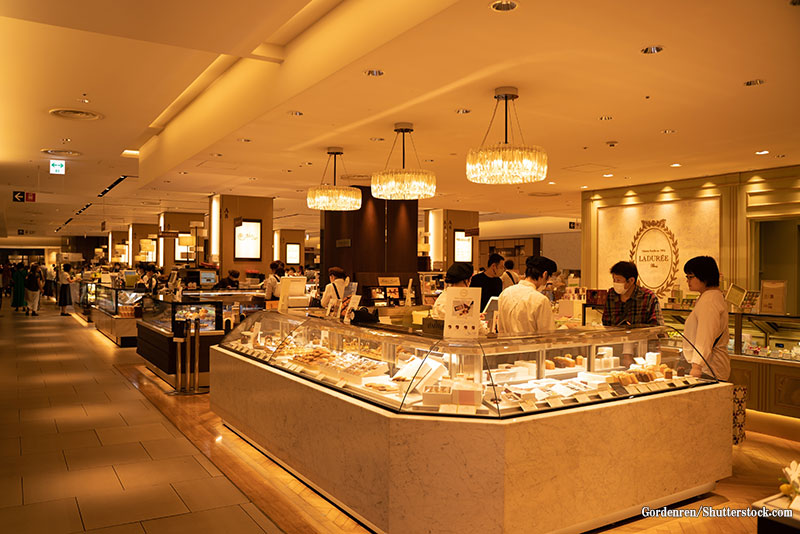
A Japanese department store food section
Department stores in Japan, as well as their basement food floors known as depachika, often offer higher-end products compared to other shopping spots. In return, the quality and variety are truly exceptional.
You’ll find a wide array of carefully selected items that are rarely seen in convenience stores, supermarkets, or vending machines.
Many depachika feature long-established specialty shops, where you may come across authentic matcha used in tea ceremonies, or high-grade green tea leaves such as gyokuro.
They also carry a rich selection of sake, shochu, and wines sourced from all over Japan, making these floors ideal for finding a special souvenir or a well-deserved treat for yourself.
Knowledgeable staff are available to explain the products in detail, making it easy and enjoyable even for first-time visitors. Why not explore and find a unique drink that captures the flavor and culture of Japan?
Japanese department stores & food hall FAQ
Q: Where can I find department stores and depachika in Japan? Can you name some well-known locations?
A: In Tokyo, you’ll find major department stores in areas like Ginza and Shinjuku. In Osaka, head to Umeda or Shinsaibashi, and in Aichi Prefecture, Sakae in Nagoya is a top spot. The basement food floors of these stores offer a wide selection of gourmet foods and drinks.
Q: Are drinks in department stores or depachika more expensive than in convenience stores or supermarkets?
A: Generally, yes. However, they often carry high-quality and rare items that justify the higher price.
Q: Can I sample premium teas or sake?
A: Depending on the time and store, many shops offer tasting samples, especially for teas and alcoholic beverages.
Q: What payment methods are accepted? Are they easy for international visitors to use?
A: A wide range of payment options is available, including credit cards, electronic money, and QR code payments. Staff are usually very attentive and helpful, making it a convenient and reassuring experience for international travelers.
Japanese specialty liquor stores
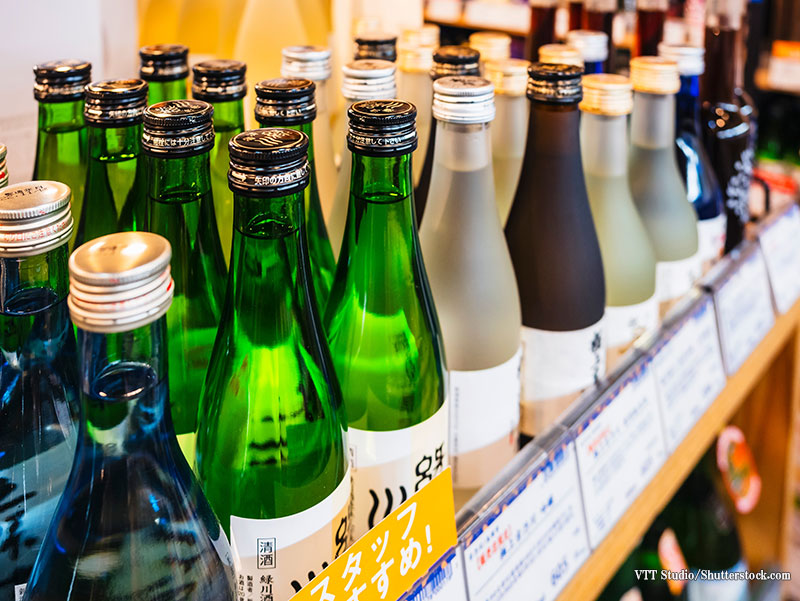
A Japanese liquor store
Specialty liquor stores across Japan offer a wide selection of sake, shochu, and, in recent years, increasingly popular craft beers. With a broad variety available—including affordable options suitable for beginners—these shops are approachable even for first-time buyers.
One of the advantages is that you can not only choose souvenirs, but also ask staff for recommendations based on your preferences and how you plan to enjoy the drinks, which is a more personable experience compared to other stores.
However, keep in mind that sake and shochu are available in various sizes, including large 1.8-liter (about 60 oz) bottles (called isshōbin) and smaller 720 ml bottles (called yongōbin), so consider portability when making your selection.
As you browse, think about the weight of your luggage—whether it’s mid-trip or before your return flight—and take your time to find a bottle you’ll truly enjoy.
Japanese specialty liquor store FAQ
Q: Can I buy sake or shochu even if I don’t know much about them?
A: Yes, store staff can recommend options and explain flavor profiles in detail. However, not all shops offer English support, so having a few key Japanese phrases or notes prepared can be helpful.
Q: Are store signs and product labels written in English?
A: It depends on the store, but many only have Japanese signage. If something catches your eye, don’t hesitate to ask a staff member or use a translation app on your smartphone.
Q: Carrying a large 1.8-liter (60 oz) bottle sounds difficult. What should I do?
A: Many shops sell smaller bottles or offer shipping services. To make travel easier—especially when returning home—it’s a good idea to ask staff about more convenient options.
Japanese drugstores
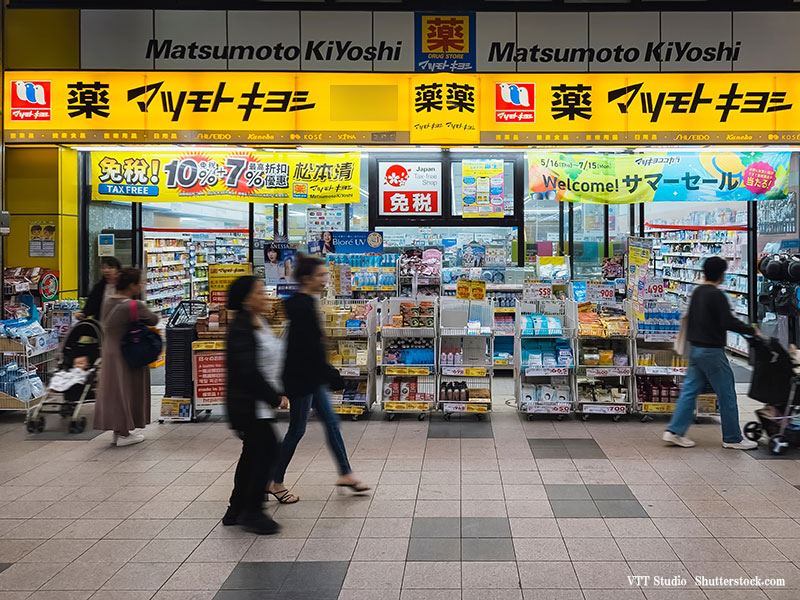
A Japanese drugstore
Japanese drugstores offer more than just medicine and daily necessities—they also have a surprisingly wide selection of drinks. You’ll find mineral water, health-conscious beverages, energy drinks, and vitamin or nutritional supplements, all useful for staying well during your travels.
Compared to convenience stores and supermarkets, prices are often more affordable, making it easier to stock up. For travelers, drugstores are a convenient and accessible shopping spot.
Some health-oriented drinks or seasonal vitamin beverages can only be found at drugstores, adding to their appeal.
If you’re looking for unique, Japan-only beverages, drugstores are definitely worth checking out.
Japanese drugstore FAQ
Q: Where can I find drugstores in Japan?
A: Drugstores can be found in most towns, especially around train stations and near tourist areas. Many have long opening hours, making them convenient to use.
Q: What payment methods are accepted? Are they easy for foreign visitors to use?
A: Most stores accept not only cash but also credit cards, electronic money, and QR code payments, making shopping easy for international travelers.
Q: What other useful items can I buy besides drinks?
A: You’ll find supplements, skincare products, and other helpful travel items. It’s a great place to pick up essentials along with drinks in one stop.
Roadside stations & regional specialty shops
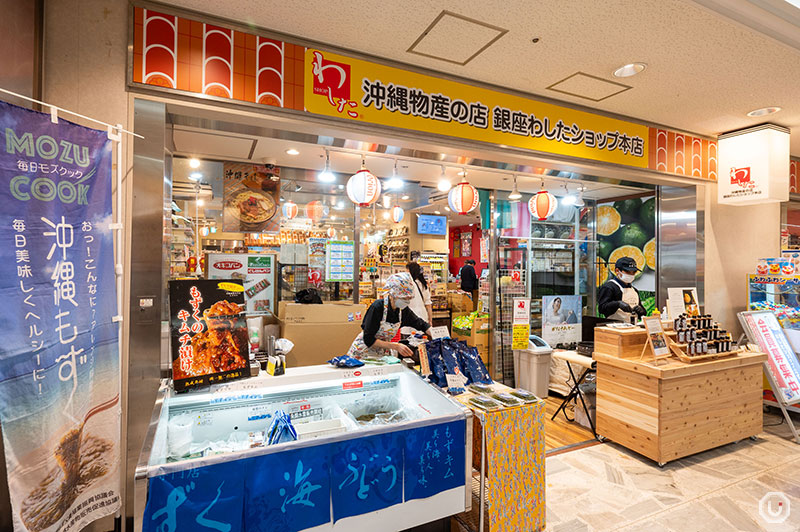
Okinawan specialty store “Ginza Washita Shop Honten,” near Yūrakuchō Station.
If you want to discover local drinks unique to each area, michi no eki (roadside stations) and specialty product shops are must-visit spots.
They offer juices made from locally grown fruits and ingredients, regional specialty teas, and limited-edition craft drinks — flavors you won’t find anywhere else.
Roadside stations are often located in suburban areas, making them perfect stops for travelers by car. Specialty product shops are usually found in tourist spots or city centers, conveniently accessible on foot.
In Tokyo’s Ginza district, there is a collection of specialty shops called “antenna shops” (a Japanized English term referring to stores set up by prefectures across the country to promote their local specialties and culture), where you can explore products from all over Japan. You might even find rare drinks like awamori from Okinawa or shochu from Kumamoto and Kagoshima.
Looking for drinks that capture the unique flavors of each region along with its specialty products is one of the true joys of traveling abroad.
A place where you can see, choose, and savor the tastes of the local area.
Roadside stations & regional specialty shops FAQ
Q: What’s the difference between a roadside station and a regional specialty shop?
A: Roadside stations are rest stops with tourist facilities usually located along roads in suburban or rural areas, making them convenient for drivers to visit. Specialty shops are regional “antenna shops” located in tourist spots or city centers, easily accessible by foot, bus, or train.
Q: Can I only visit roadside stations if I have a car?
A: Most roadside stations are designed for car access, but some are stops for tourist buses, and a few can be reached by public buses from nearby train stations. It’s best to check your travel plans in advance.
Q: Besides drinks, what else can I buy there?
A: Local sweets, seasonings, crafts, seasonal vegetables and fruits, and many other regional specialty products are widely available.
Q: Are there regional specialty shops even in city centers?
A: Yes, in Tokyo’s Ginza and Yurakucho areas, there are specialty shops representing regions like Okinawa, Hokkaidō, and Fukui. These are valuable spots where you can enjoy local drinks and products from across Japan without leaving the city.
Where to buy drinks in Japan: a quick guide
| Place | Features | Price range (JPY) | Recommended points |
|---|---|---|---|
| Convenience stores | ・mostly 24-hour operation, found everywhere ・wide variety from standard drinks to limited editions |
110–300 JPY | ・Easy to buy ・sometimes region-exclusive items available ・accessible late at night or early morning |
| Vending machines | ・many located on street corners ・choose from cold & hot drinks ・seasonal limited menus appear |
110–200 JPY | ・available anytime ・chance to find rare local drinks |
| Supermarkets | ・wide selection with affordable prices ・local brands and large-size packs available |
90–150 JPY | ・great for bulk buying ・get popular local drinks ・good cost performance and saves money |
| Drugstores | ・rich selection of health and nutrition drinks ・affordable prices and many varieties |
90–150 JPY | ・wide variety of vitamin and nutritional drinks ・inexpensive and convenient ・great for stopping by while buying daily necessities |
| Department stores & food halls | ・high-quality products suitable for gifts ・well-stocked with long-established tea and sake brands |
300 JPY–1,000+ JPY | ・find special and unique drinks ・gather famous products from across Japan ・encounter premium matcha, sake, and shochu |
| Specialty liquor stores | ・wide selection of sake, shochu, and craft beer ・from beginner-friendly to connoisseur-level products |
150 JPY–1,000+ JPY | ・get advice from knowledgeable staff ・authentic products like isshobin (1.8L bottles) available ・region-limited sake selections |
| Roadside Stations & Local Product Shops | ・drinks rich in regional characteristics ・local ingredient-based limited editions and specialties |
150 JPY–1,000+ JPY | ・buy a memorable drink for your trip ・abundant traditional and strongly local drinks ・find juices made from rare fruits |
Japan’s food culture goes beyond just its cuisine. From vending machines on street corners to well-established tea shops and local specialty stores, you can find a wide range of distinctive drinks throughout the country.
Each drink reflects the local ingredients, seasonal changes, and the care of the people who make them.
A beverage you enjoy during your travels can bring back vivid memories of that place for years to come.
As you explore your next destination, discover new flavors and experience Japan through its drinks in a way that engages all your senses.
